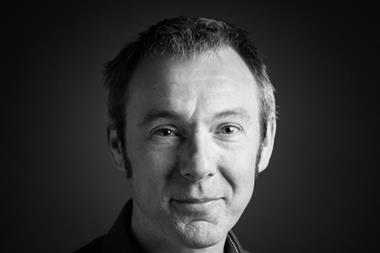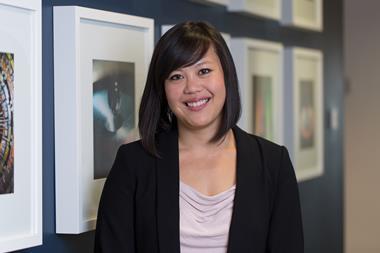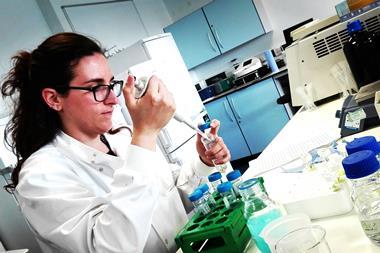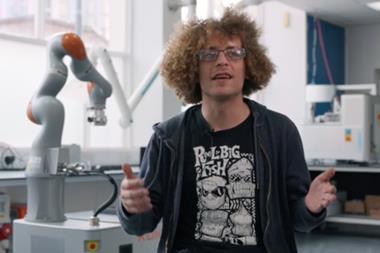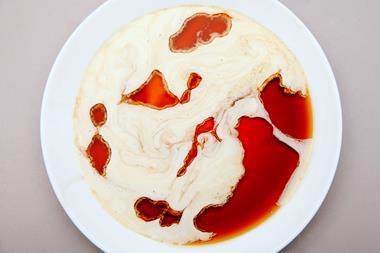Everything you need to know
-

- Salary range: £25–40k
- Minimum qualifications: PhD
- Skills required: Communication, scientific skills
- Training required: No specific training required.
- Work–life balance: Flexible working.
- Career progression: Applying for more senior positions/responsibility.
- Locations: Find related work experience positions using our map of employers
More profiles like Hazel's
What does your role involve?
People who apply for funding to the medical research council (MRC), have to have their applications assessed, and one of the main ways we do that is through four research boards. At the moment we meet three times a year, so we would have maybe, at my board, we would have maybe 60 or 70 applications to consider at each board meeting. My job is to prompt them about MRC policy, to say, or strategy rather, you know, if we’ve made a strategic decision that we’re going to particularly focus on one area of medicine over another, then I perhaps might need to remind them of that. Throughout the rest of the year, in between board meetings, that’s when the hard work happens, because when an application comes in from an academic at a university, we have to process it, so we have to check that they’re eligible, we have to get it onto our systems, we’ve got to make sure they’ve included all the right pieces of information, then we need to get the application refereed. So there’s a lot of to-ing and fro-ing between us and the academic community.
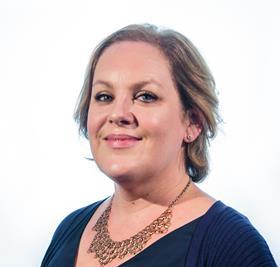
How did get your role?
I did chemistry GCSE at school, in fact I did 3 sciences, and then I went and did A-levels in chemistry, physics and double maths. Chemistry was the one that I liked best, and so when it came to going to university I think I settled on chemistry because I enjoyed the subject but also it opened up a lot of opportunities for me. I did my chemistry degree at Bristol, in my final year I did an undergraduate research project in one of the research labs there, and I stayed in that lab there to do a PhD. Mine was in analytical chemistry, and I was looking at fats in foods and how we can analyse them better and understand them better. When I finished my PhD I went to work in industry for a couple of years. I worked in the flavour industry, where I was analysing flavours, helping people make new flavours for food and that sort of thing, but after a couple of years I realised that although I was enjoying that I wasn’t really doing enough research it was more sort of just analysis, so I decided to go back to academia, I went and did a postdoc, again back at Bristol with people that I’d worked with before, and then when I was there I was awarded a personal research fellowship from the Royal Society. So I had four years to you know, carve out my own research career. I enjoyed the lab work, I enjoyed the lifestyle, but I don’t think I was enjoying it enough to put the hours in you need to succeed in academia, which made me think it probably wasn’t for me. So I started looking at other options.
So then I spent four years working in the environment agency doing science communications. I was responsible for their technical publishing programme, for making sure that all of our scientific reports got published properly. So I was involved in writing those summaries, in producing all the reports and in how we communicated them to the media, to the stakeholders or whatever. And then after four years I decided it was time for a change again, and I saw this job advertised for the Medical research council, and again I thought ‘well, that looks quite interesting, why don’t I have a stab at that, why don’t I apply and see what happens?’ And here I am.
What skills do you need?
Like most organisations we use e-mail a lot, but I try to use the phone as well because for everyday quick queries it can be sorted out quickly over the phone. As well as your scientific training, you need communication skills, which is written and oral and all those in-between things that aren’t always written down. You’ve got to be a people person, I think you’ve got to be happy to talk to people because a lot of it is bringing people together.
There’s quite an analytical part of it which is looking at the processes and thinking ‘well how do we do these at the moment and could we do them better?’ And then there’s a management role to keep tabs on different things that are happening. I’ve got something kind of new to do every day which I like, the people are nice, the other thing that is quite important for me is that the MRC are a flexible employer. It’s really important for me to get work/life balance, there are options to go part-time, to do compressed hours, all those things are really important, I think for everybody but particularly for me.
First published 2014, updated 2025









